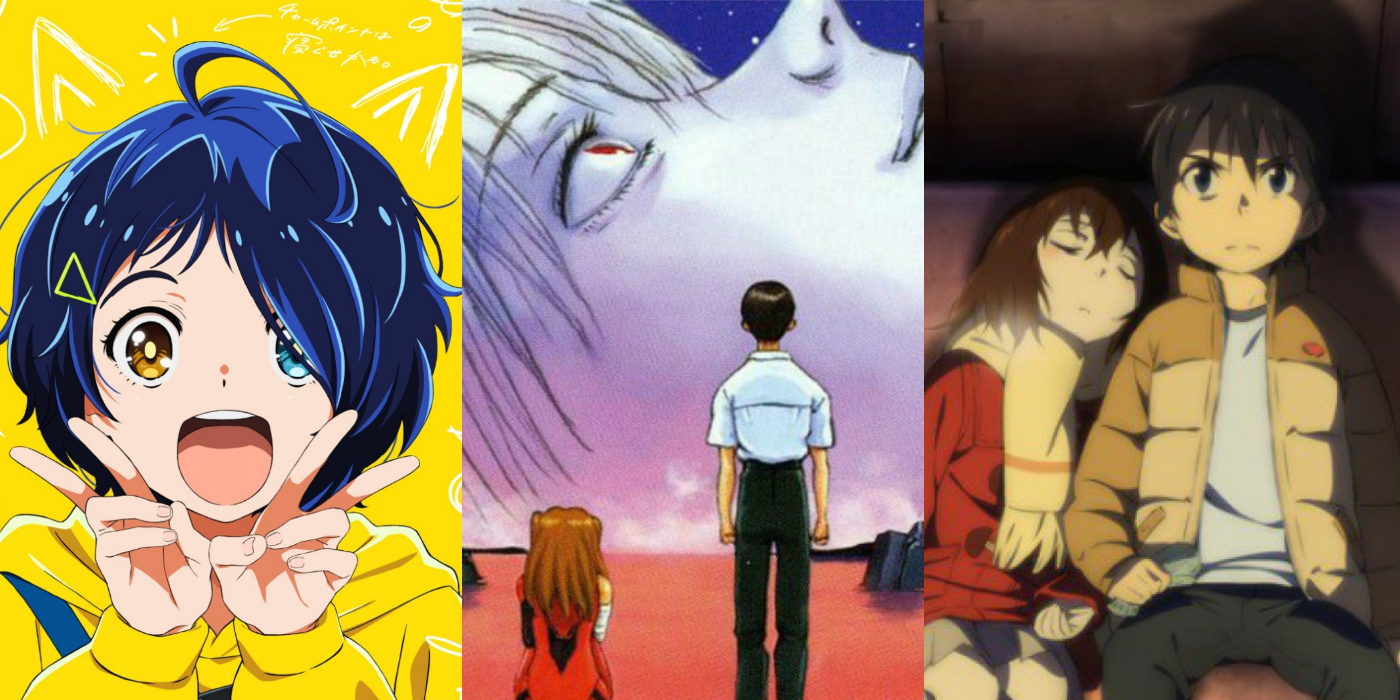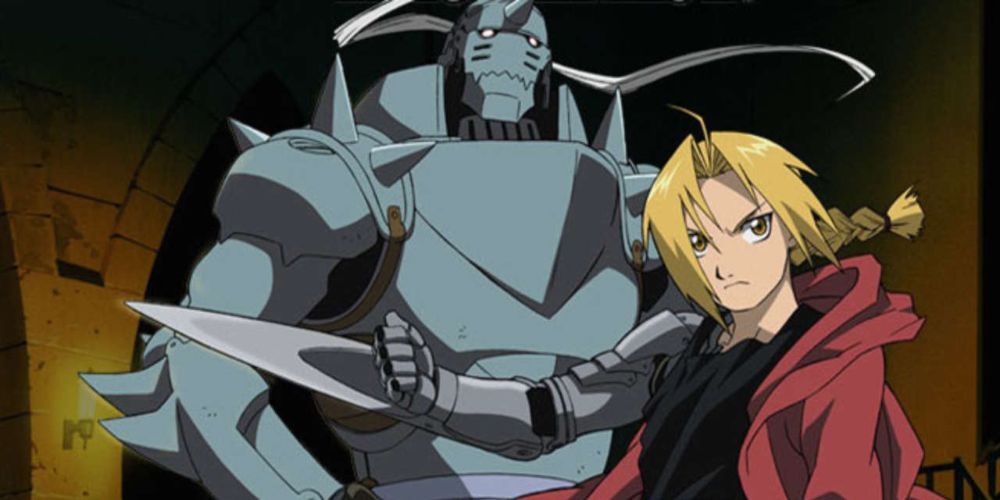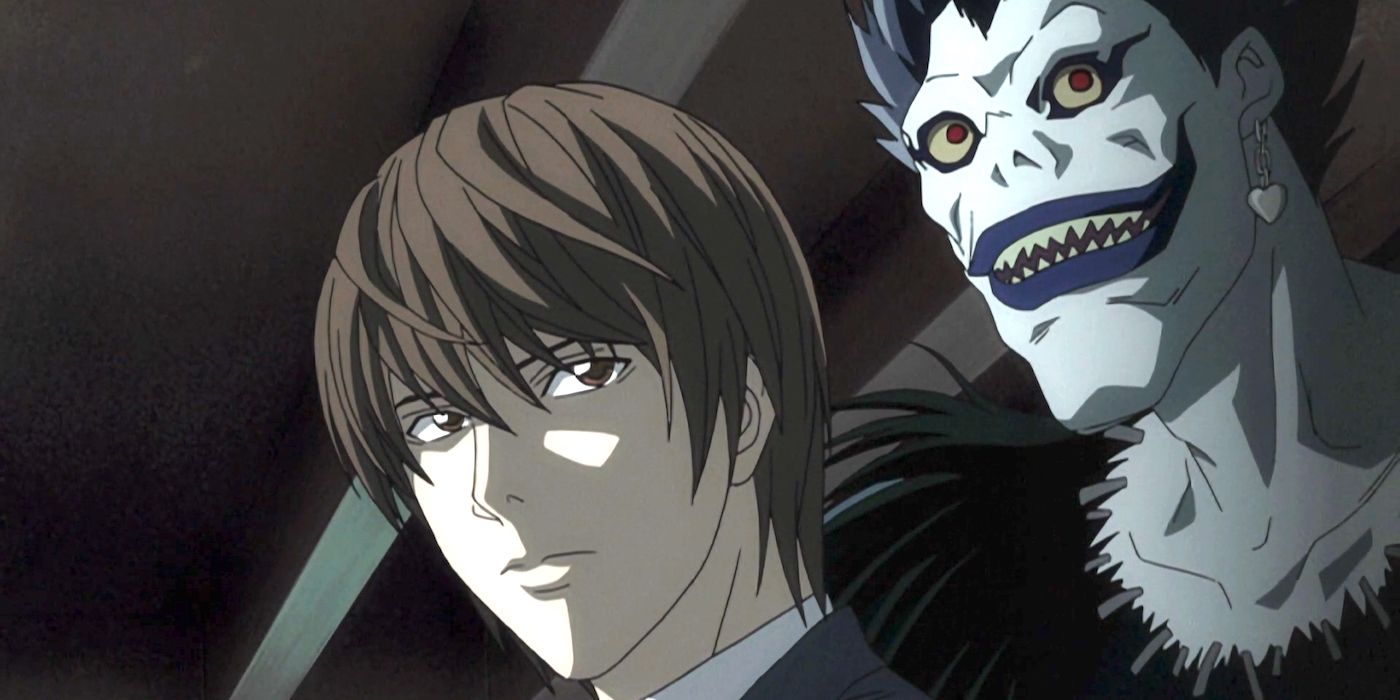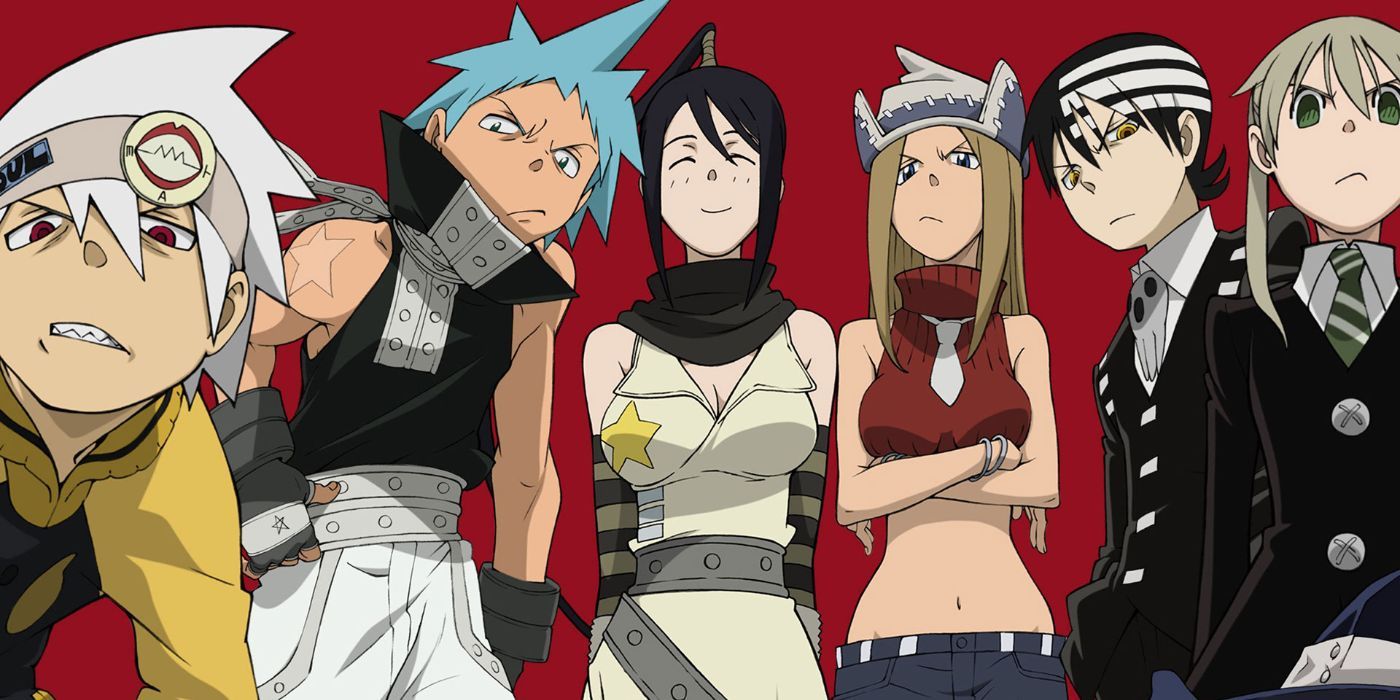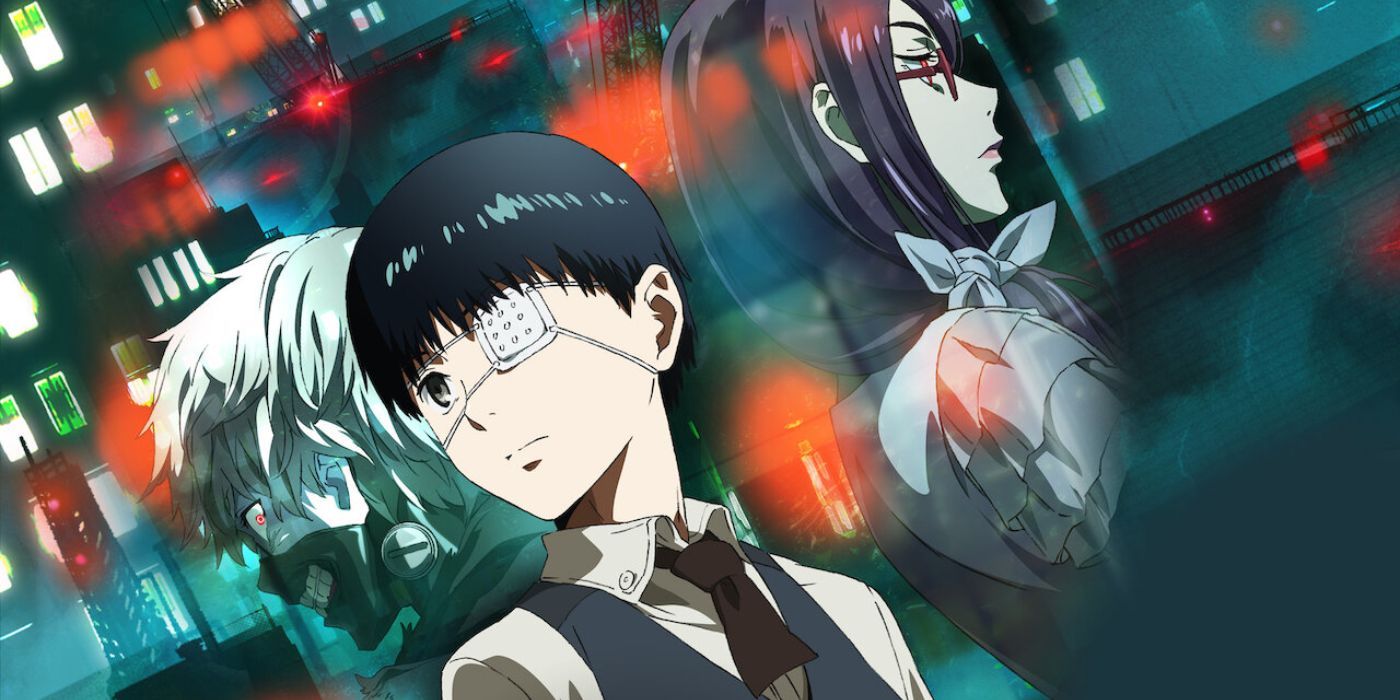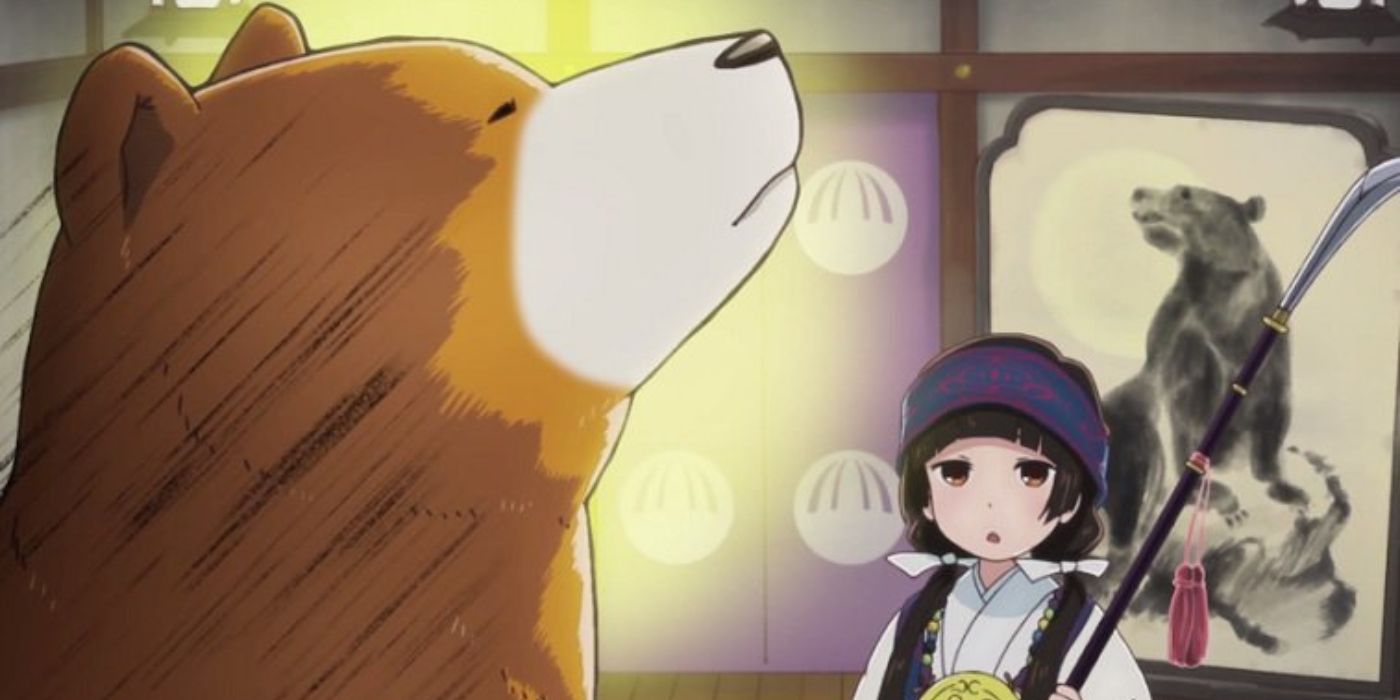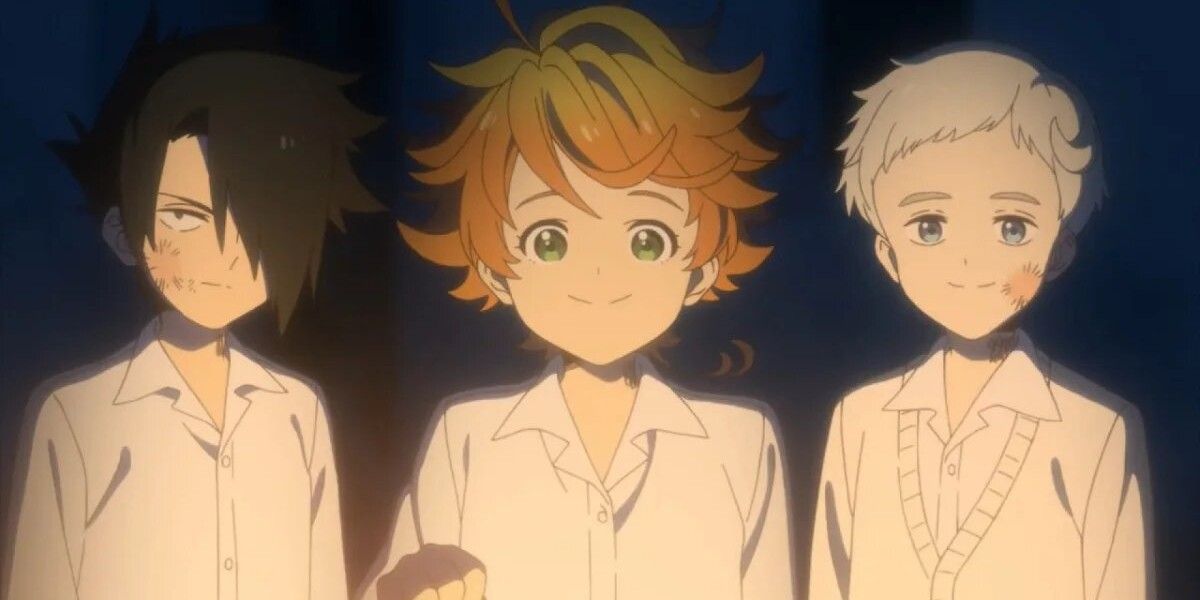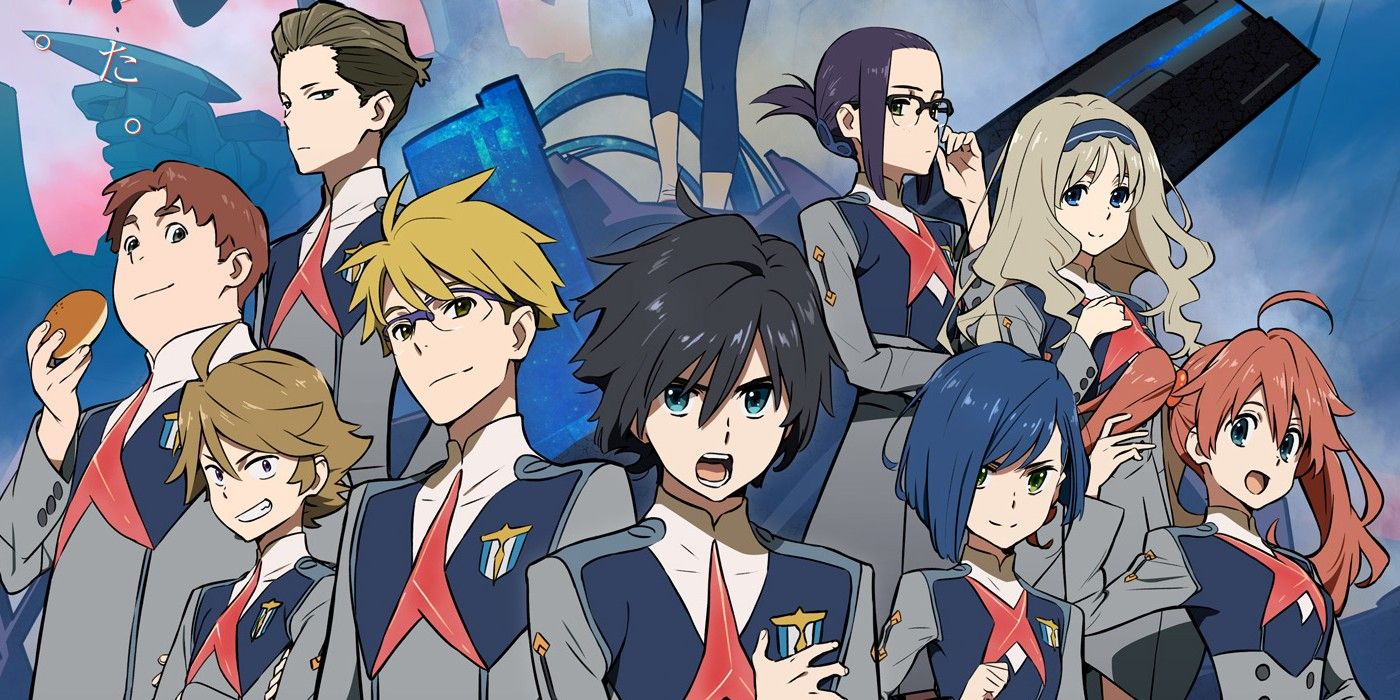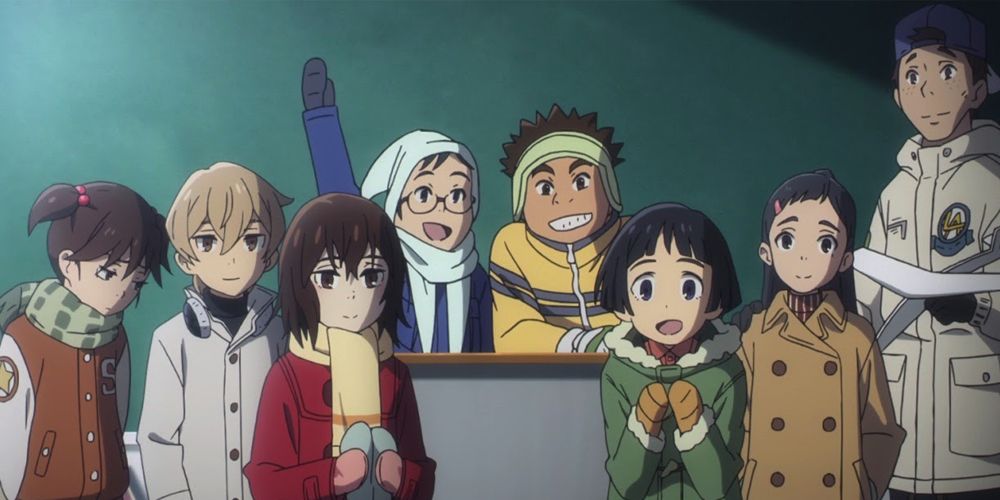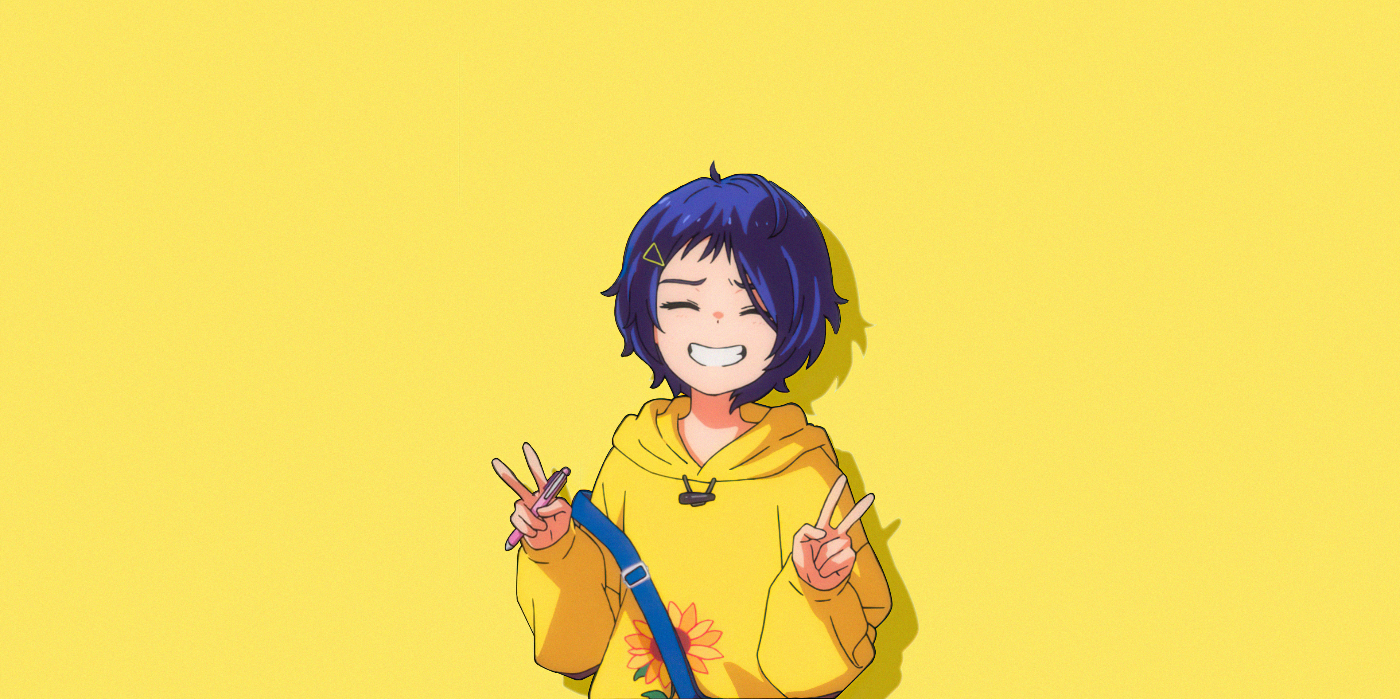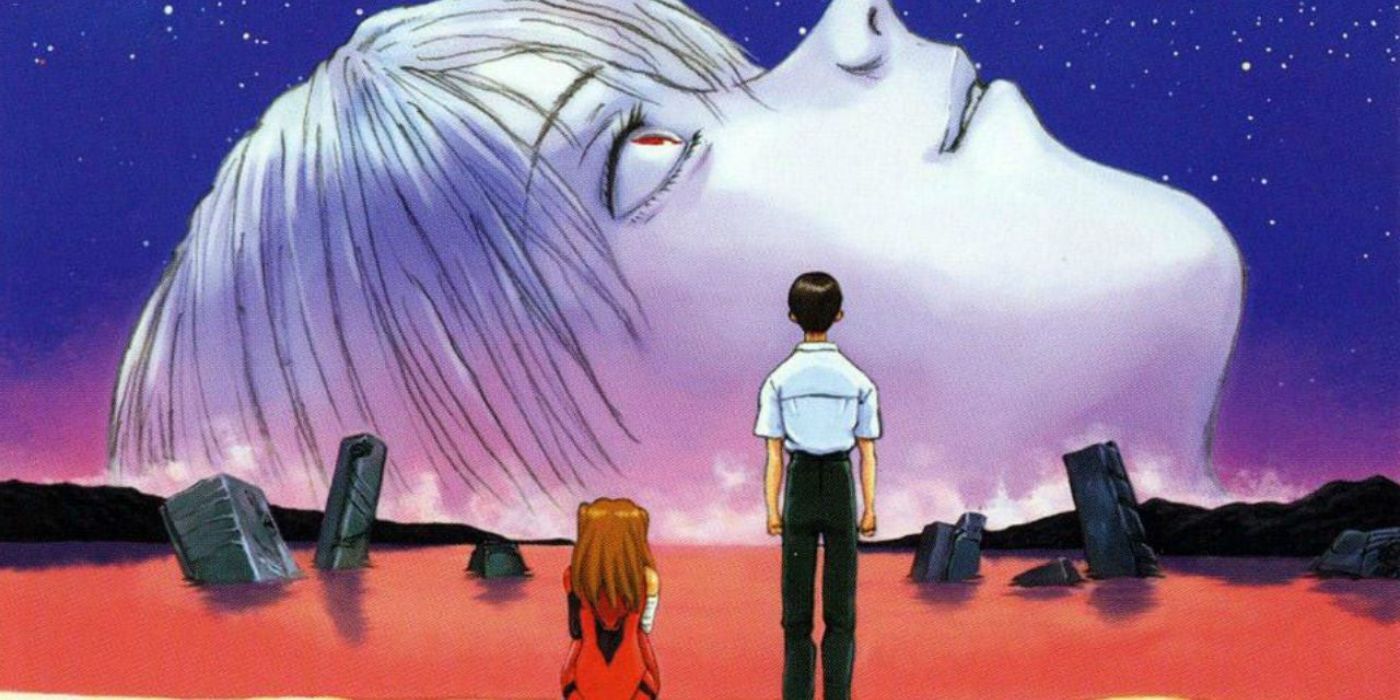Anime has had an odd relationship with endings. The nature of many anime is to shill the manga while still being its product. However, that is a difficult balance. Other times, some anime don't have to worry about the source material, but with that comes its own set of challenges.
Controversial endings are aplenty in anime, but these particular conclusions stand out. From the classic Gainax ending of Neon Genesis Evangelion to the very recent production troubles of Wonder Egg Priority, these endings are memorable in ways the creators likely didn't intend.
Fullmetal Alchemist
The original Fullmetal Alchemist neared its end well before its source material had been finished. As such, they had to get creative with their ending. It should be noted that the ending was written with the express approval of the original FMA mangaka, Hiromu Arakawa.
In the 2003 anime, the plot pretty much diverges from the source material in a major way. The plot goes from an action-adventure with a lot of political intrigues to heady themes about parallel worlds and leans much farther into the themes of loss. To this day, many still debate whether the 2003 show or the mangaka's intended end was more satisfying.
Death Note
To understand why Death Note's ending is so problematic, one has to go back to the end of its first half. With the elusive L dead, he was replaced by two controversial "proteges", Near and Mellow. For many viewers, both just came off as shallow copies of the genuine No. 1 Detective.
Thanks to them being two halves of the much better character L. It made a lot of their actions more "Deus ex machina"-oriented than the series has been up to that point. The ending involves the incredibly convoluted gambit of perfectly copying a Death Note in a single night, down to the microscopic level. There's genius, then there's just complete absurdity.
Soul Eater
Soul Eater was one of the more oddball shounen choices from the 2000s, but it had a strong fanbase. Mostly thanks to its unrepentant attitude and over-the-top action which functions on pure Rule of Cool. Despite that tone, many fans still hated the rushed ending of the anime.
In essence, after episodes of build-up and hype, the final fight ends with an out-of-nowhere "punch of friendship". It's all the criticisms levied towards the already controversial trope, but in typical Soul Eater fashion, amped up to 11. While it was an enjoyable fight, it was not the satisfying conclusion many fans wanted. Several fans still hope for a Soul Eater remake, but it's unlikely at this junction.
Tokyo Ghoul
Tokyo Ghoul's anime adaptation had a lot of production pains. After the successful first season, it was followed up by the wildly controversial Tokyo Ghoul Route A and Tokyo Ghoul: Re. Both stories were made well before the source material had ended, and as expected, things did not go well.
Route A in particular gets most of that criticism levied against it. The story was based on early drafts of Sui Ishida's story, and it unfortunately showed. Many character motivations are outright gone, and instead, viewers are expected to understand the alternate ending with practically no information.
Kuma Miko
Kuma Miko would have been a little-known slice-of-life manga with decent comedy, had it not been for the incredible mood whiplash of an ending. After 11 episodes of mostly fluff and light character development about a girl overcoming her social anxiety. Machi, the main girl, successfully performs in front of a cheering crowd by the end.
However, the anime shifts to Machi's POV, who somehow believes the crowd is booing and throwing rocks at her. In the end, her negligent family validates those negative feelings, and the series ends with her believing that she has no chance of overcoming her anxiety. Quite the shift for a slice-of-life show, to say the least.
Promised Neverland S2
The Promised Neverland's second season is a mess, and the ending only seals that. At this point, the manga had already ended, so the show had no issues with regards to making stuff up for their continuity. The anime instead opts to skip the most popular arc and then compact the rest into 12 episodes.
It goes about as well as expected. The skip left the entire experience tainted with plot holes and rushed developments. The ending, by that point, feels completely unearned. Add the audacity of having a mid-season recap, and Promised Neverland S2 is a sad end for one of the most hyped series of 2019.
Darling in the Franxx
Darling in the Franxx's hype was incredible in 2018. It was undeniably one of the most discussed shows of that year, but the hype soon turned into flame wars. After Episode 15, the show suddenly shifts to an unpopular "it was aliens all along" plot twist. While that's far from unique for a Trigger mecha show, it did not land well for audiences here.
The suddenly humanoid Strelizia, 002's reason for being mind warped to space, and the out-of-nowhere sacrifice of the two main characters left many fans disappointed. Add to that several characters in the epilogue being paired off with little development, and Darling in the Franxx stains its legacy with a rushed ending.
Erased
Erased was praised for its thrilling writing and solid character development during its run. However, the finale left many audiences split on whether the whole experience was ruined or not. As usual, divergence from the source material and compressed plot points are to blame.
Erased's ending is controversial less because it's universally "bad" but more polarizing. Many liked that Satoru saved Kayo and let her live her own life. However, the epilogue rushes through a lot of Satoru's trauma in favor of a distant happily ever after. Lastly, the main villain being outsmarted without much fanfare left many fans of the thriller elements wanting.
Wonder Egg Priority
Wonder Egg Priority had amazing animation, strong writing, catchy music, and stellar voice acting. It also tackled heavy themes with a lot of tact, a rarity for any show. Overall, Wonder Egg Priority was well on its way to being anime of the year for many anime fans. Unfortunately, the ending episodes faced severe production troubles.
The final episode was delayed by three months, and when it came out, it was an unfinished mess. Wonder Egg Priority ended on an unsatisfying cliffhanger with long still shots and uncharacteristically poor animation. It was the clear result of the notorious production crunch present in the animation industry. Sadly, such an amazing show came at the cost of several animators' waning health, and they didn't even get to end it on their terms.
End(s) of Evangelion
There's a reason why End of Evangelion remains controversial to this day. As much as the flame wars between Asuka and Rei fans rage, it is nothing to the burning inferno that is End of Evangelion discussion. To make a very long ending short, it was made purposefully abstract by series creator Hideaki Anno.
The same discussions are also had for Episode 26 and many Rebuilds. Of course, this does give audiences the freedom to choose the ending they prefer. Still, the fact that many endings exist should showcase how controversial the finale truly was. It's melancholy, confusing, and overall, one of the most memorable endings in anime history, for better or for worse.

